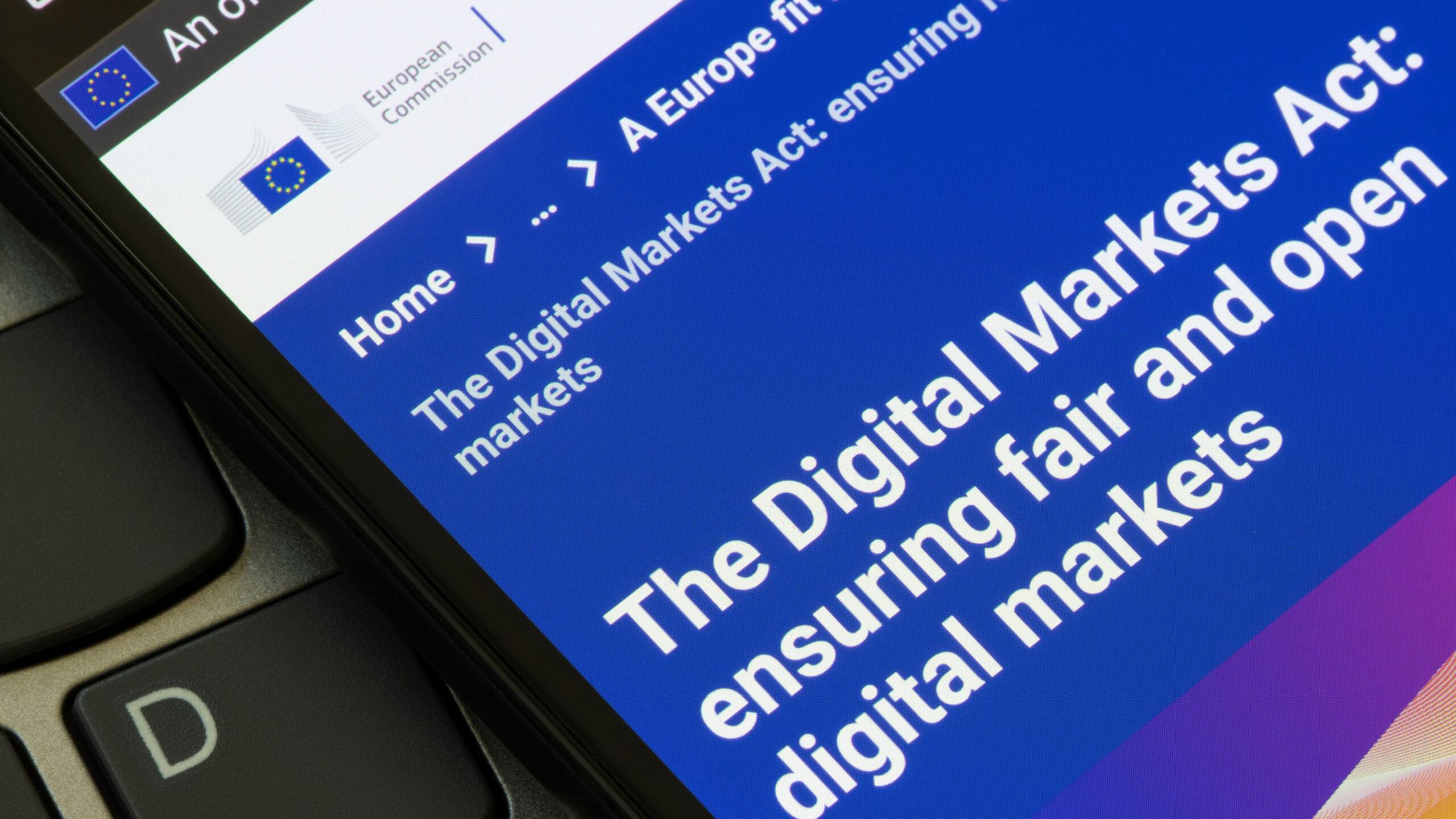Faulkner’s Short Phrases Are Not Copyrightable. But Don’t Quote Me on That.
Yesterday news broke that Sony Pictures Classics is being sued by the estate of William C. Faulkner. In a slightly less reported case, the estate has also sued Northrop Grumman.
The basis of the first case is that Woody Allen’s “Midnight in Paris” film quoted from Faulkner’s “Requiem for a Nun” – with attribution – short phrases about the past being undead (or something; I’m paraphrasing to limit our liability risk here). The latter case arises from a quotation used by Northrop Grumman in a 2011 advertisement. As Corporate Counsel notes, the estate’s lawyer argues the defendants should have sought a license. This is par for the course. Publishers and other literary rightsholders frequently demand licenses for short quotations. That the license is demanded, however, does not mean it is required under copyright law.
For its part, Sony has argued the suit is frivolous, claiming that the quotation is clearly fair use. While the claim appears frivolous, this is probably not a fair use case. This is, foremost, a copyrightability case, since short words and phrases typically fail to meet the level of originality required to acquire copyright protection. Fair use is exceedingly important as the scope and reach of the copyright system expands, but fair use only matters when one is taking something that qualifies for protection in the first place. Sony needs no defense to copyright because it has violated no legally cognizable right.
Even if it were not the case that a quotation of fewer than a dozen words (particularly from an author not known for economy of speech) is unlikely to achieve copyright protection, Faulkner’s estate should run afoul of the fact that the Quotation Right is enshrined in article 10 of the Berne Convention. This treaty, the primary instrument of international copyright law, provides that
It shall be permissible to make quotations from a work which has already been lawfully made available to the public, provided that their making is compatible with fair practice, and their extent does not exceed that justified by the purpose, including quotations from newspaper articles and periodicals in the form of press summaries.
It could be that Faulkner’s estate is jealously guarding his short quotes because, in fairness, he penned so few. Compared with his long ones, the digestible stuff is in pretty scarce supply. That is not, however, an interest that copyright law aims to protect.
But don’t quote me on that. I’ll have you know I’m acquainted with some good copyright lawyers.








